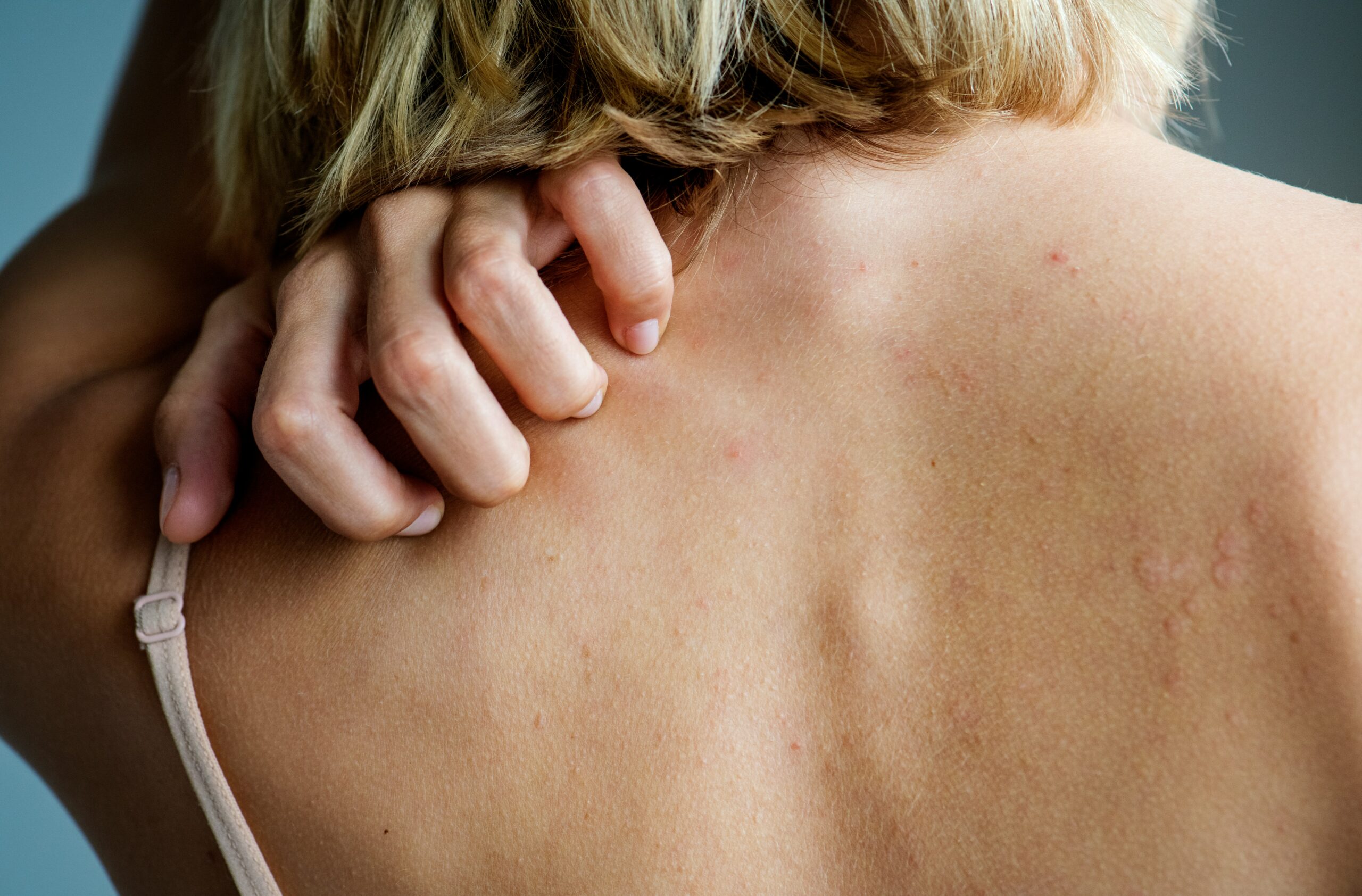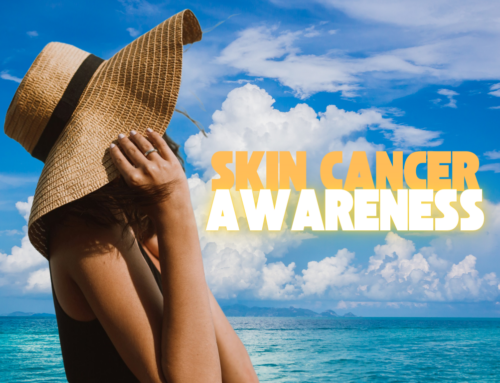Psoriasis is more than just a skin condition—it’s a chronic autoimmune disease that affects millions of people worldwide. Characterized by red, scaly patches, persistent itching, and discomfort, psoriasis can significantly impact daily life, both physically and emotionally. While there is no cure, effective treatments can help manage symptoms and improve quality of life.
At Mountain Dermatology Specialists, we provide advanced medical dermatology solutions for psoriasis patients, offering personalized treatment plans to reduce flare-ups and restore skin health. In this blog, we’ll cover everything you need to know about psoriasis, including causes, symptoms, treatment options, and lifestyle adjustments that can help you manage the condition.
Ready to brush off your psoriasis symptoms? Call us on 970-926-1800 today for leading edge medical dermatology solutions.

What Is Psoriasis?
Psoriasis is a chronic autoimmune disorder that speeds up the skin’s cell renewal process. In healthy skin, new cells form deep within the skin and gradually rise to the surface, a process that typically takes about a month. However, in psoriasis, the immune system overreacts, triggering rapid skin cell production, which leads to thick, scaly plaques and inflammation.
Psoriasis is not contagious, but it can be hereditary, meaning it may run in families. It can affect people of all ages, but it most commonly develops in adults between 15 and 35 years old.

Types of Psoriasis
There are several different types of psoriasis, each with distinct characteristics:
1. Plaque Psoriasis (Psoriasis Vulgaris)
This is the most common form of psoriasis, affecting about 80-90% of people with the condition. It appears as raised, red patches covered with silvery-white scales and often develops on the scalp, elbows, knees, and lower back.
2. Guttate Psoriasis
This type of psoriasis appears as small, drop-like sores on the skin, usually triggered by bacterial infections like strep throat. It is more common in children and young adults.
3. Inverse Psoriasis
This type presents as smooth, red, shiny lesions that appear in skin folds, such as under the breasts, around the genitals, or in the armpits. It is often triggered by friction and sweating.
4. Pustular Psoriasis
A rarer and more severe form, pustular psoriasis results in white pustules (blisters filled with pus) on inflamed skin. It can be localized to the hands and feet or cover large areas of the body.
5. Erythrodermic Psoriasis
This is the most severe but rarest type of psoriasis. It causes widespread redness, shedding, and intense itching and pain. It can be life-threatening and requires immediate medical attention.
What Causes Psoriasis?
Psoriasis is caused by an overactive immune system, which mistakenly attacks healthy skin cells, leading to inflammation. While the exact reason this occurs is unknown, several genetic and environmental factors can trigger or worsen psoriasis symptoms:
✅ Genetics – If one or both parents have psoriasis, there is a higher risk of developing the condition.
✅ Immune System Dysfunction – Overactive T cells (a type of white blood cell) mistakenly attack the skin, triggering rapid cell production.
✅ Stress – Emotional stress is a common trigger for flare-ups. Managing stress through relaxation techniques can help reduce symptoms.
✅ Infections – Bacterial or viral infections (such as strep throat or respiratory illnesses) can trigger guttate psoriasis.
✅ Weather – Cold, dry weather can worsen psoriasis, while sunlight exposure (in moderation) can help improve symptoms.
✅ Skin Injuries – Cuts, scrapes, burns, insect bites, or tattoos can trigger new psoriasis patches, known as the Koebner phenomenon.
✅ Certain Medications – Some drugs, like beta-blockers, lithium, and antimalarial medications, can trigger or worsen psoriasis.
✅ Lifestyle Factors – Smoking, excessive alcohol consumption, obesity, and metabolic syndrome have been linked to more severe psoriasis symptoms.
Symptoms of Psoriasis
Psoriasis symptoms vary depending on the type and severity of the condition. Common signs include:
✔ Red, inflamed patches of skin covered with silvery-white scales
✔ Dry, cracked skin that may bleed
✔ Itching, burning, or soreness in affected areas
✔ Thickened, ridged, or pitted nails
✔ Joint pain and stiffness (psoriatic arthritis)
For many people, psoriasis follows a cycle of flare-ups and remissions, meaning symptoms may disappear for weeks or months before returning.
How Is Psoriasis Treated?
While psoriasis cannot be cured, effective treatments can help manage symptoms and prevent flare-ups. At Mountain Dermatology Specialists, we recommend a variety of medical and lifestyle treatments tailored to each patient’s needs.
1. Topical Treatments
🔹 Corticosteroid Creams – Reduce inflammation and itching
🔹 Vitamin D Analogs (Calcipotriene, Calcitriol) – Slow down skin cell growth
🔹 Salicylic Acid – Helps remove scales and smooth skin
🔹 Coal Tar – Reduces scaling and inflammation
- Light Therapy (Phototherapy)
🔹Narrowband UVB Light Therapy – Slows skin cell growth and reduces inflammation
🔹 PUVA Therapy – A combination of UV light and a medication called psoralen to improve effectiveness
3. Systemic Medications (Oral & Injectable)
For moderate to severe psoriasis, systemic medications may be necessary:
🔹 Biologic Drugs (e.g., Humira, Stelara, Cosentyx) – Target specific parts of the immune system to reduce inflammation
🔹Oral immunosuppressants to Suppresse the immune-response to slow skin cell growth
4. Lifestyle Adjustments & Home Care
In addition to medical treatments, certain lifestyle changes can help manage psoriasis naturally:
✔ Moisturize Regularly – Keeps skin hydrated and reduces itching
✔ Avoid Triggers – Identify and minimize triggers like stress
✔ Take Lukewarm Baths – Helps soothe irritation and remove scales
✔ Eat an Anti-Inflammatory Diet – Foods rich in omega-3 fatty acids (like salmon, flaxseeds, and walnuts) can help reduce inflammation
✔ Manage Stress – Yoga, meditation, and deep breathing techniques can reduce flare-ups
Trust your psoriasis relief to the board-certified experts at Mountain Dermatology Specialists. Call us to schedule your appointment today. Your skin will thank you!






